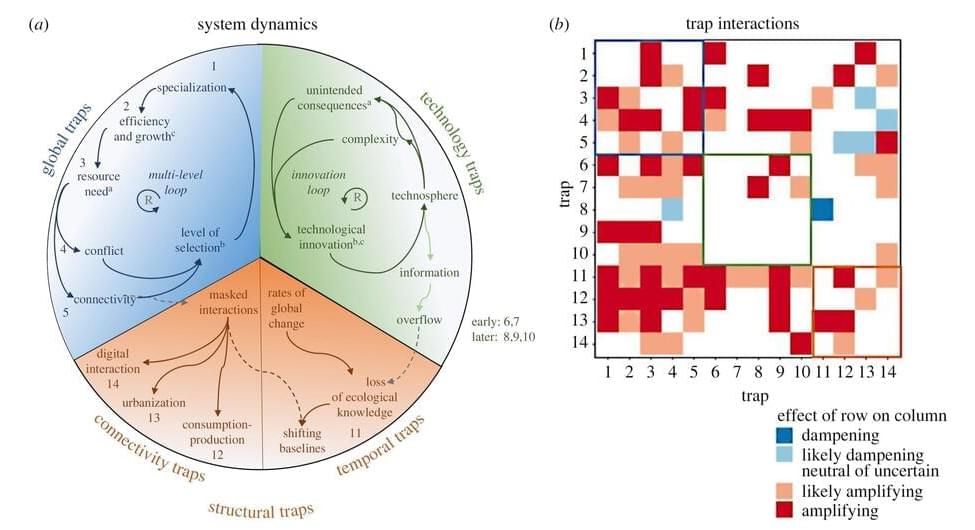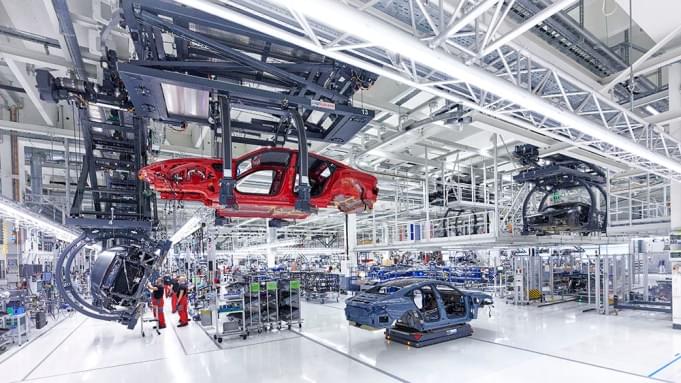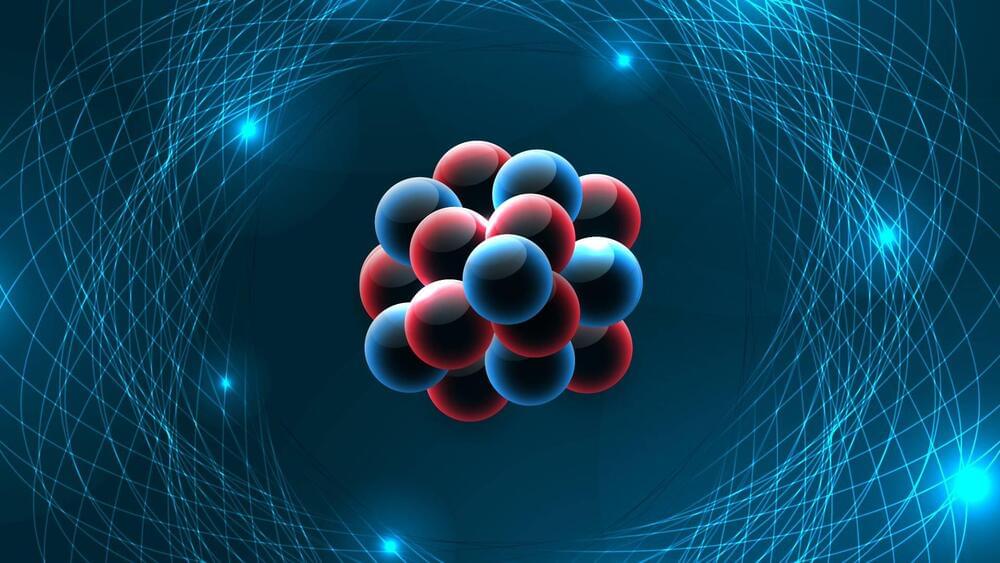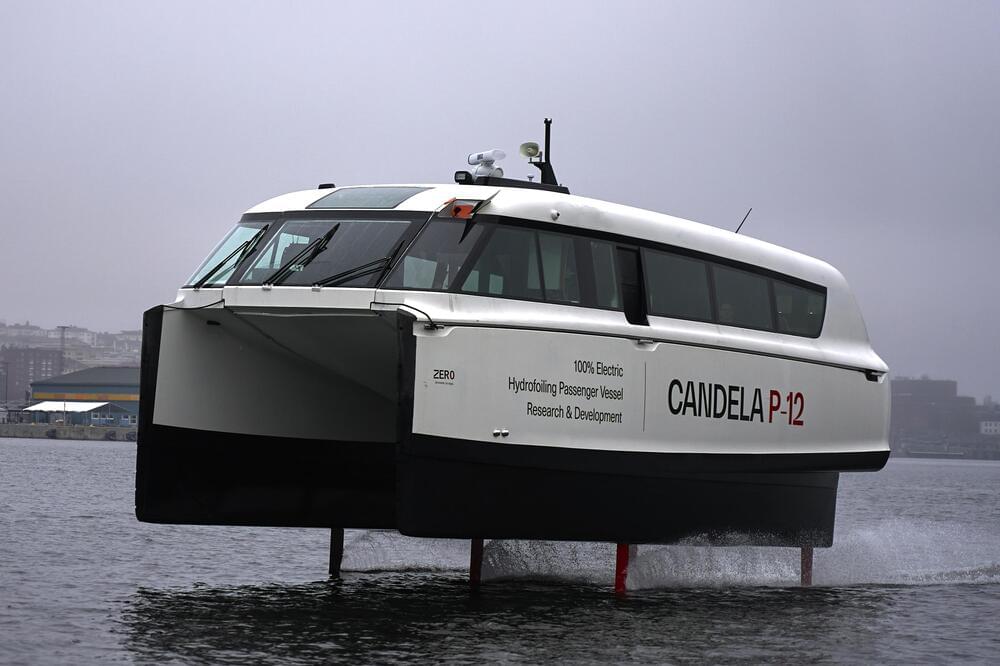Humankind on the verge of evolutionary traps, a new study: …For the first time, scientists have used the concept of evolutionary traps on human societies at large.
For the first time, scientists have used the concept of evolutionary traps on human societies at large. They find that humankind risks getting stuck in 14 evolutionary dead ends, ranging from global climate tipping points to misaligned artificial intelligence, chemical pollution, and accelerating infectious diseases.
The evolution of humankind has been an extraordinary success story. But the Anthropocene—the proposed geological epoch shaped by us humans—is showing more and more cracks. Multiple global crises, such as the COVID-19 pandemic, climate change, food insecurity, financial crises, and conflicts have started to occur simultaneously in something which scientists refer to as a polycrisis.
Humans are incredibly creative as a species. We are able to innovate and adapt to many circumstances and can cooperate on surprisingly large scales. But these capabilities turn out to have unintentional consequences. Simply speaking, you could say that the human species has been too successful and, in some ways, too smart for its own future good, says Peter Søgaard Jørgensen, researcher at the Stockholm Resilience Center at Stockholm University and at the Royal Swedish Academy of Sciences’ Global Economic Dynamics and the Biosphere program and Anthropocene laboratory.









